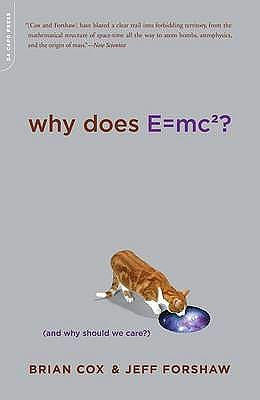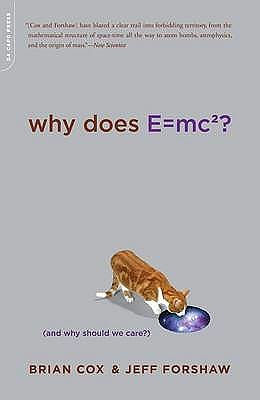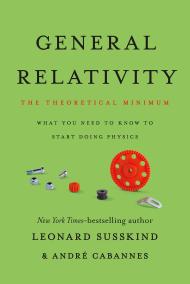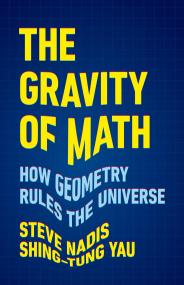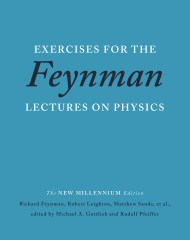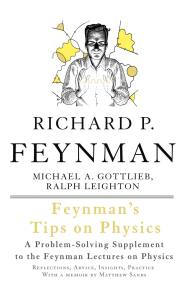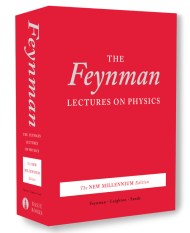Why Does E=mc2?
(And Why Should We Care?)
Contributors
By Brian Cox
By Jeff Forshaw
Buy from Other Retailers:
- On Sale
- Mar 9, 2010
- Page Count
- 272 pages
- Publisher
- Da Capo
- ISBN-13
- 9780306819117
What does E=mc2 actually mean? Dr. Brian Cox and Professor Jeff Forshaw go on a journey to the frontier of twenty-first century science to unpack Einstein’s famous equation. Explaining and simplifying notions of energy, mass, and light-while exploding commonly held misconceptions-they demonstrate how the structure of nature itself is contained within this equation. Along the way, we visit the site of one of the largest scientific experiments ever conducted: the now-famous Large Hadron Collider, a gigantic particle accelerator capable of re-creating conditions that existed fractions of a second after the Big Bang. A collaboration between one of the youngest professors in the United Kingdom and a distinguished popular physicist, Why Does E=mc2? is one of the most exciting and accessible explanations of the theory of relativity.
Genre:
Formats and Prices
Price
$15.95Price
$17.99 CADFormat
Format:
- Trade Paperback (Special Edition) $15.95 $17.99 CAD
- ebook $9.99 $12.99 CAD
- Trade Paperback $18.99 $24.99 CAD
